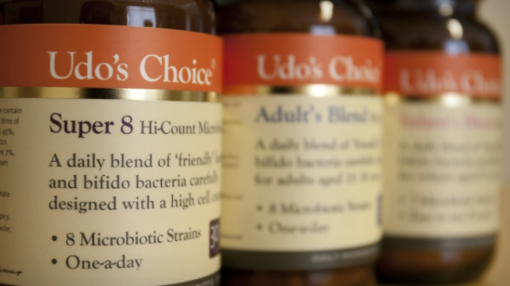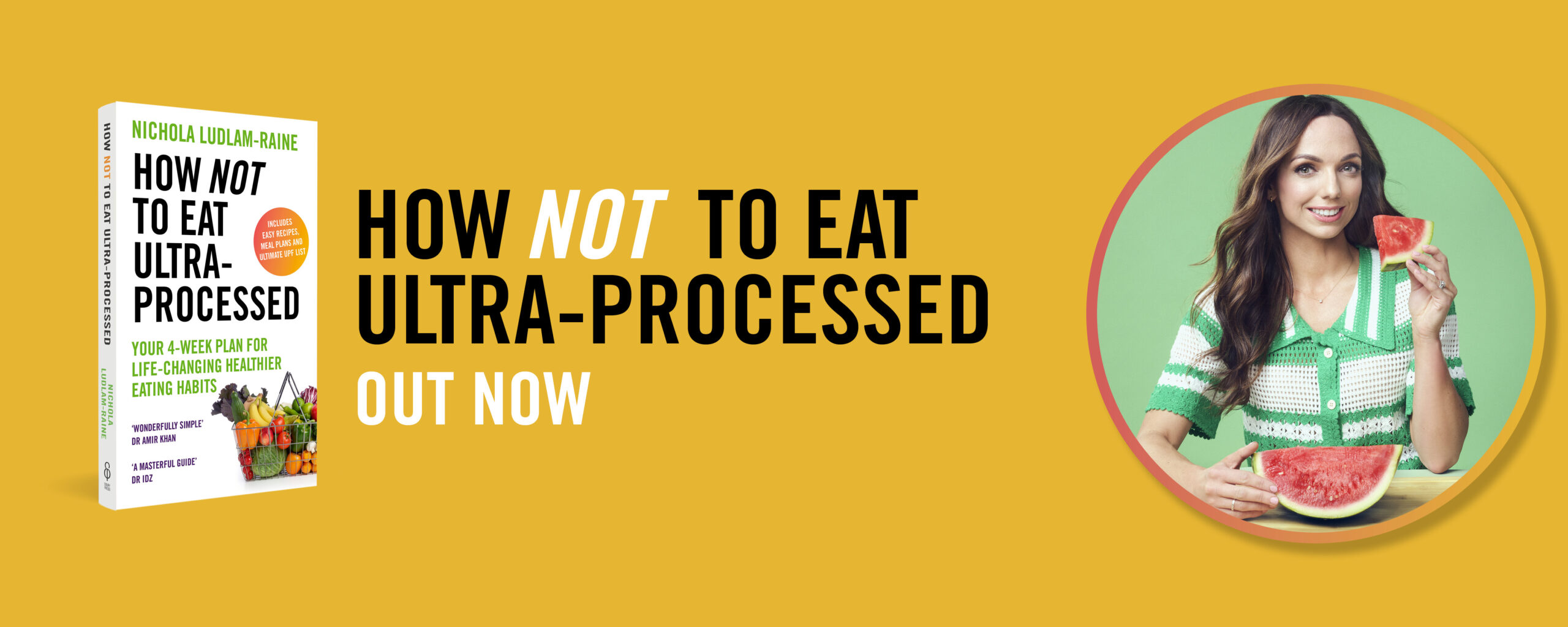
I often post what I eat & drink on social media (link are to the right!) and after being asked a few times about what my thoughts are on ‘probiotic supplements’ and why I take them, I thought a blog post was due! I ALWAYS practice what I preach and so the advice written in this blog post is what I follow.
So, if you’ve ever wondered if you should take a probiotic supplement or not, then this blog post is for you..
- What are Probiotics?
Probiotics are strains of healthy bacteria that can help to improve digestion and keep your colon healthy. Our gut naturally contains trillions of bacteria to keep us healthy, however sometimes they become ‘imbalanced’ and need a helping hand, which is where probiotics can help – they replenish our levels of good bacteria by essentially competing for space with the bad bacteria and ‘forcing them out’ of our body! The most common probiotics are from the Lactobacillus and Bifidobacterium species.
- What can Probiotics help with?
Probiotics can help to improve the symptoms of: Diarrhoea caused by antibiotics, which kill both the good & bad bacteria in our bodies; Diarrhoea caused by a stomach bug/infection e.g. food poisoning; Irritable bowel syndrome (IBS), a common condition which can cause bouts of stomach cramps, bloating, constipation and diarrhoea; Lactose intolerance; Constipation and Ulcerative Colitis, a type of Irritable Bowel Disease.
In addition, probiotics have been show to be beneficial to our immune systems, in some cases shorting the duration of colds and improving the response to vaccines. Probiotics can also help with the digestion of food.
I personally advise people to take probiotics when:
- Taking a course of antibiotics – to prevent diarrhoea caused by the imbalance created in our gut bacteria. Probiotics should be taken as soon as you start the antibiotics and continue for at least one week after the end of the course.
- Experiencing altered bowel habits or abdominal pain in IBS. I recommend people trial a strain of probiotic for at least a month and if an improvement is seen to continue taking it, and if not to either stop or try another strain. Probiotics don’t however work for everyone with IBS.
- Travelling abroad to prevent “traveller’s diarrhoea” – which is usually caused by a bacterial or viral infection. Some people find that they have to take probiotics for the entire holiday, especially if they are going to exotic places, however probiotics don’t work for all types of infection.

- How do you take Probiotics?
Probiotics come in both capsule and yoghurt drink forms, and it is essential that you read the label for storage instructions as most need to be kept in the refrigerator.
Only the manufacturer of the probiotic will be able to tell you whether or not the billions of bacteria in the product will reach the gut, having passed through our acidic stomachs, which are designed to kill bacteria to prevent us from becoming ill!

- Are there any cautions to taking Probiotics?
You should speak to your personal dietitian, GP or nurse if you want to take probiotics and are pregnant or have a weakened immune system.
- What about Prebiotics?
Prebiotics are foods that help probiotics (good bacteria) to thrive. Examples of prebiotics include inulin and fructooligosaccharised (FOS) which are found naturally in banana, onions, garlic, asparagus, artichokes and chicory.

I hope you’ve found this blog post interesting!
Do you routinely take probtioics? I would love to hear your thoughts. 🙂
*This blog post has been sponsored by Udo’s Choice Super 8 Microbiotics who asked me to research the evidence behind probiotics and share it with my readers. All words written are my own, are 100% honest and were not influenced by the sponsorship. I do not promote brands mentioned over others. The advice given is not a substitute to personal advice and is based on general advice for the adult population. Please read my disclaimer for more information.

I have IBS and have been looking into taking probiotics as I’ve heard it could help. Thanks for the info!
No problem, glad to help 🙂 x
I am a registered dietitian. I take probiotics because they seem to help me not get yeast infections. Also, there have been a few studies that show they can decrease eczema. I switch brands monthly in order to get a variety of bacteria.
Fab tip, thank you!